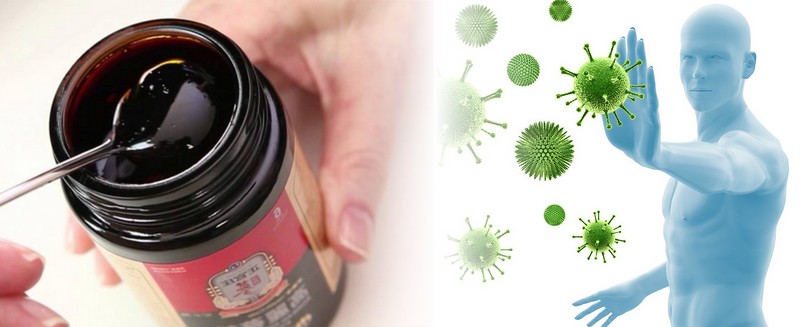
In biology, immunity refers to the body’s ability to defend itself against substances that threaten its proper functioning or survival. These “threats” can be of 3 types: microbes (viruses, bacteria, fungi, parasites), cells that have become cancerous or a foreign body (a splinter, as well as a transplanted organ).
It has long been known that with age or illness, immunity weakens and the body becomes more vulnerable to infections. The latter often become more frequent and more serious. A common flu can then degenerate into pneumonia and be fatal.
That said, we also note that some adults who are apparently healthy and have a normal amount of immune cells (according to blood tests) often contract infections such as colds and gastroenteritis. On the contrary, under similar conditions, others are more resistant to it. The difference would mainly be in terms of lifestyle. Indeed, numerous data from epidemiological studies indicate that diet, smoking, sleep, physical activity, stress, the quality of human relationships and the living environment all influence the quality of the response. immune1-3.
Health and immunity are therefore closely linked: taking care of your health on a day-to-day basis improves your immunity, and vice versa.
The Risk Factors section presents lifestyle habits that weaken immune defenses, and the Prevention section, which can strengthen them.
If at some point the body needs an outside boost, there are a number of additional solutions that can be used. The most commonly used sections are Medical Treatments and Complementary Approaches.
What is the immune system for?
It’s the immune system that fights off common infections, such as colds and flu, but also the long battles against cancer. Having a healthy immune system is not only a guarantee of health, but also of life! Without an immune system, an ordinary scratch would be fatal since the scratch exposes our tissues to a host of microbes naturally present in the air, in water and on the skin.
Scientists are not very familiar with the characteristics of the "optimal" immune response. However, they know that the immune system is linked, through a complex communication system, to virtually all regions of the body.